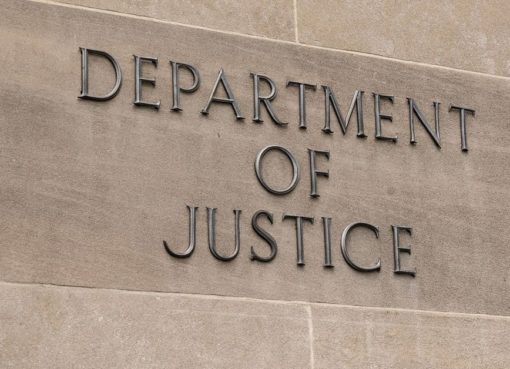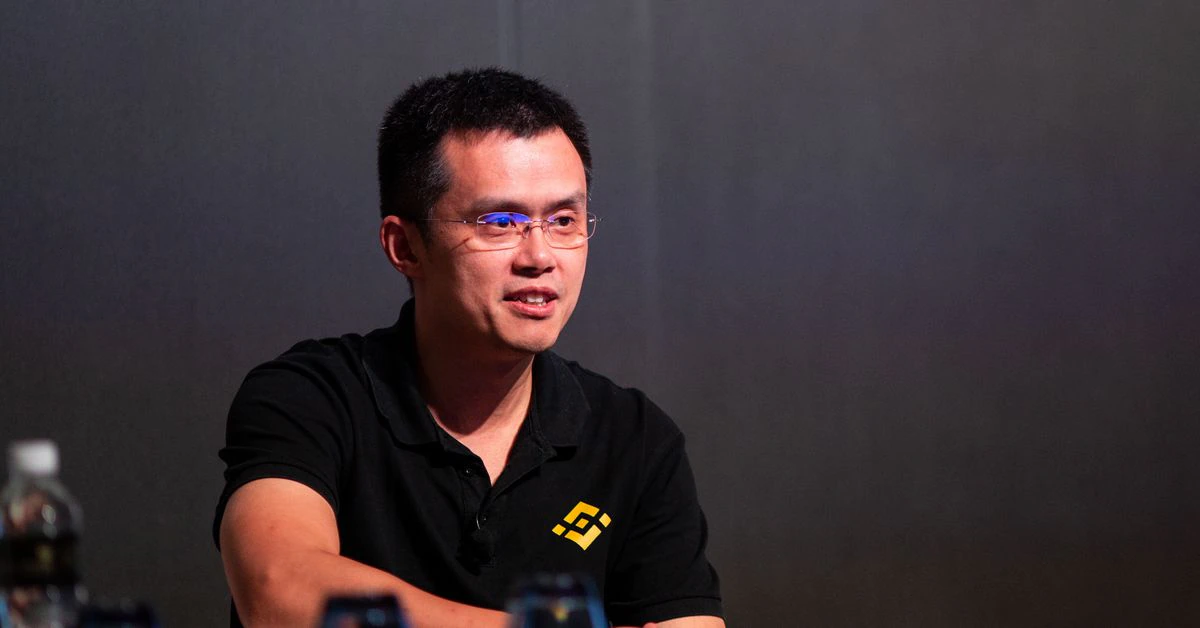Pennsylvania-based Customers Bank has started onboarding its first cryptocurrency businesses, offering those firms use of a digital asset payments platform plus the bank’s own internal digital fiat token.
As such, Customers Bank will compete with Silvergate in California, Signature in New York and only a handful of others openly offering crypto firms basic accounts, as well as a blockchain-based platform for clients to instantly send each other dollars 24/7.
Read more: Another US Bank Joins the Small List Willing to Serve Crypto Companies
The Tuesday announcement makes good on Customers’ promise to serve the crypto industry back in August of this year.
The bank, a $19.1 billion subsidiary of Customers Bancorp, said it had onboarded cryptocurrency trading firms Genesis Trading (which shares a parent company with CoinDesk), Blockfills, GSR and SFOX.
“We’re proud to be attracting these best-in-class organizations,” Customers Bank CEO Sam Sidhu said in a statement. “And are confident that we can provide the much-demanded fiat currency ‘on and off ramp’ for institutional clients in the crypto ecosystem.”
Customers coin
The Customers Bank-branded CBIT token and a digital fiat payment system dubbed TassatPay bear some similarity to JPMorgan’s Onyx blockchain and much fêted JPM Coin – despite being just 0.52% the size of the New York-based megabank.
Customers Bank, whose deposits are insured by the Federal Deposit Insurance Corporation (FDIC), announced $1.5 billion of zero-cost deposits from crypto business in its Q3 earnings report issued Oct. 28.
Sidhu said the bank’s digital fiat rails will expand to serve other verticals besides crypto.
“We see very beneficial applications for real-time B2B payments options in commercial real estate, healthcare, hospitality, insurance, accounting, alternative energy, and manufacturing supply chains,” he said.




